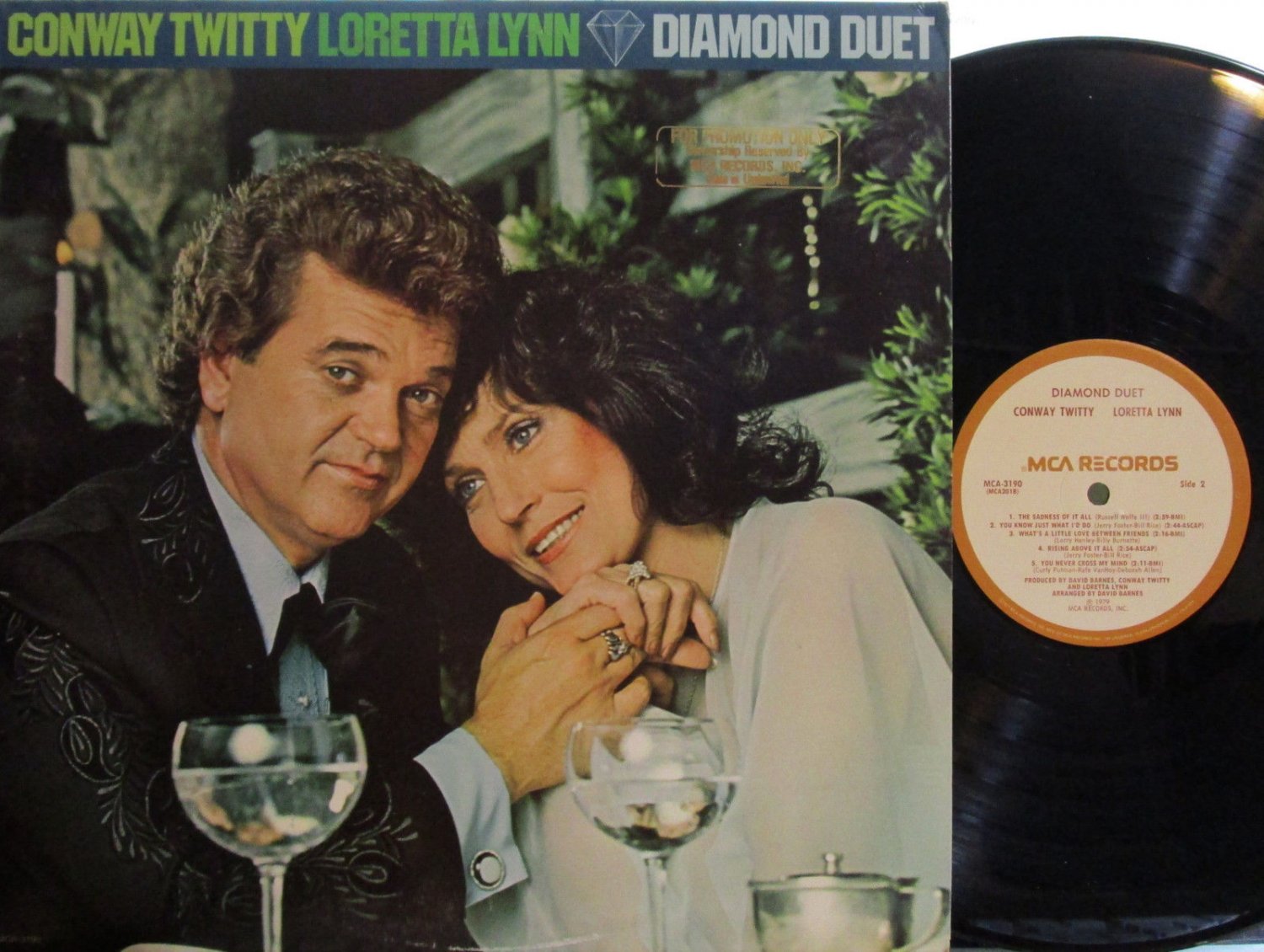
A gloves-off warning dressed as a honky-tonk sing-along—Loretta Lynn turns jealousy into justice, and a broken heart into a clenched promise kept.
Before anything else, hold on to the hard facts that made “Fist City” matter the week it hit the air. Issued in early 1968 on Decca, the single shot straight to No. 1 on Billboard’s Hot Country Singles for the chart dated April 20, 1968, and it also reached No. 1 in Canada on the RPM Country Tracks list a few weeks later. Those aren’t just chart wrinkles; they’re proof that a plain-spoken Kentucky woman could take a private hurt, sing it clean, and watch it roar across two nations of AM radios.
The song’s origin is as simple—and as combustible—as love under pressure. Loretta Lynn wrote it after discovering that a local woman had begun circling her husband, Oliver “Doolittle” Lynn, while Loretta was on the road. Lynn never hid from the truth: she has said outright that she wrote “Fist City” “about an old girl who tried to take Doolittle away from me,” a songwriter’s way of setting a boundary—and warning off anyone tempted to cross it. Some tellings even place the episode near the Lynns’ place in Hurricane Mills, Tennessee, where success and loneliness sometimes met at the fence line. However you frame it, the fuse was real, and the lyric kept the match lit.
What you hear on the record is that boundary set to a backbeat. Produced by Owen Bradley—the quiet architect behind so many great Nashville sides—and cut at Bradley’s Barn on January 9, 1968, the track is lean as a fence rail: bright Telecaster stabs, steel guitar like a siren in the distance, and Loretta’s voice crisp enough to carve its initials in the countertop. She doesn’t posture; she testifies. There’s humor in it, yes—the wink that lets you breathe—but underneath sits a country woman’s unshakable sense of order: “treat me fairly, or step aside.” That blend of bite and poise explains why the song could be a hit without sanding off its knuckles.
If you lived with a radio in those days, you remember how different this sounded coming from a woman. Country’s airwaves had room for heartbreak and pleading, but this was a warning sung in a smile you didn’t want to test. And some gatekeepers didn’t approve—“Fist City” joined a short list of Loretta’s records that certain stations shied away from for being “too much,” right alongside later lightning rods like “Rated X” and “The Pill.” That resistance only sharpened the record’s legend. Songs this direct have always made the timid uncomfortable and the honest feel seen.
There’s a reason the title cut anchored an album of the same name—Fist City—and why that LP climbed to No. 1 on the country albums chart. As a piece of writing, the single is practically a masterclass in economy. No wasted words, no grand metaphors, just small, hard sentences that land like a sheriff’s knock and a chorus that rides in on the snare. As performance, it’s the sound of a band that knows exactly when to leave space for the singer’s scald—brassy, bright, and built for jukeboxes that clicked late into Friday. As a cultural moment, it put a ring around marriage from a woman’s point of view, not as a porcelain keepsake but as a working promise two people had to respect or answer for.
Older ears hear the deeper lesson, one learned over kitchen tables and on long drives home: dignity has a tone, and it isn’t meek. Loretta Lynn didn’t ask permission to speak plainly about the mess of real life—she brought the mess into the song and tidied it with melody and nerve. “Fist City” isn’t a brawl; it’s a boundary painted bright enough for the whole town to see, carried by a voice that could charm you on Monday and set you straight by Saturday night. In three fast minutes she built a little courthouse of rhythm and rhyme, then let the jury—her listeners—deliver the verdict.
And look how the verdict holds. Decades on, the record still feels like a cousin showing up at your door just when you need her: quick with a laugh, quicker with the truth, ready to back you up if anyone gets wise. It’s why “Fist City” endures not just as Loretta Lynn’s second chart-topper—after “Don’t Come Home A-Drinkin’ (With Lovin’ on Your Mind)”—but as a signature statement from the most fearless voice of her generation. That No. 1 wasn’t a fluke; it was a weather report: storms move in, families survive, and the woman at the center keeps her hands steady on the wheel.
If the song brings back the memory of a kitchen radio, a pair of hands in the dishwater, and laughter in the next room, that’s by design. Loretta Lynn wrote for the lives we actually live, then sang those lives with the kind of courage that turns gossip into gospel. “Fist City” is the grin you give when someone underestimates you—and the music you turn up when you’ve said your piece and meant it.